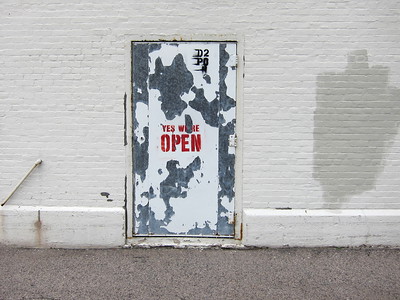The Michigan Open Meetings Act requires that all public bodies conduct the public’s business in public. The text of the law is here, if you want to read it. The law is not new; it’s been on the books for nearly 50 years, and everyone who serves on a public body or works at a publicly funded institution understands the OMA rules.
I was reviewing WCC Trustee voting records recently, when I ran across this little gem. James Becsey, who is (was?) the VP of Facilities Development and Operations provided a standard Facilities Report to the Board of Trustees at their June 25th meeting. At the conclusion of the report, Board Chair Angela Davis thanked VP Becsey and he left the podium.
And then, Trustee Dianna McKnight Morton made a cryptic comment. The brief video follows, as does a transcript of the exchange.
54:52 Angela Davis: Well, thank you very much.
James Becsey: Thank you.
AD: So, if there’s nothing else…
Dianna McKnight Morton: I just want to say – uh – my comment, that I’m not commenting now, but I did at our – uh – session before we came in – to VP – uh – so, he answered my question. I don’t want to say what it is.
AD: Bathrooms?
DMM: Yes…
JB: It’s in the project. It’s uh – we hope – hopefully we have a schedule to share later this summer on the whole restroom project.
The most interesting thing about this exchange is this:
…but I did at our – uh – session before we came in…
So, if you’re paying attention, this is a Board of Trustees meeting. There is no “session” that takes place before the Board Meeting, because – in the ideal world – nearly everything the Board does happens in the open Board Meeting.
The Open Meeting Act Was Adopted for a Reason
The “session” that Trustee McKnight Morton is likely referring to is the dinner that the president hosts for the Trustees before each Board Meeting. By itself, this should be considered a violation of the Open Meetings Act. Any gathering of the Trustees that constitutes a quorum must be held in public. The secretary must create notes, and all accommodation to the public must be provided.
The Open Meetings Act does provide an exemption for chance meetings and social events; however, this is not a chance meeting, and because the Trustees and College executives are clearly discussing the business of the College, it’s also not a social event – even if it is conducted over dinner. Under the social exception, Trustees may discuss only subjects that are UNRELATED to their business as Trustees of the college. That’s clearly not happening, and this needs to stop.
The “social” exception of the Open Meetings Act is large enough to accommodate two lanes of traffic. It doesn’t take a rocket scientist to see that College executives circulate information, trustees form opinions, and motions get sold during this carefully engineered and undocumented “social” event that takes place behind closed doors, safely out of sight and earshot of the public.
This scheme occurs only through the mutual cooperation of all parties, and it flies in the face of the State’s public transparency laws. It’s another shameful example of the unwillingness of the WCC Board to exercise true oversight over the WCC Administration.
Photo Credit: atomicity, via Flickr













